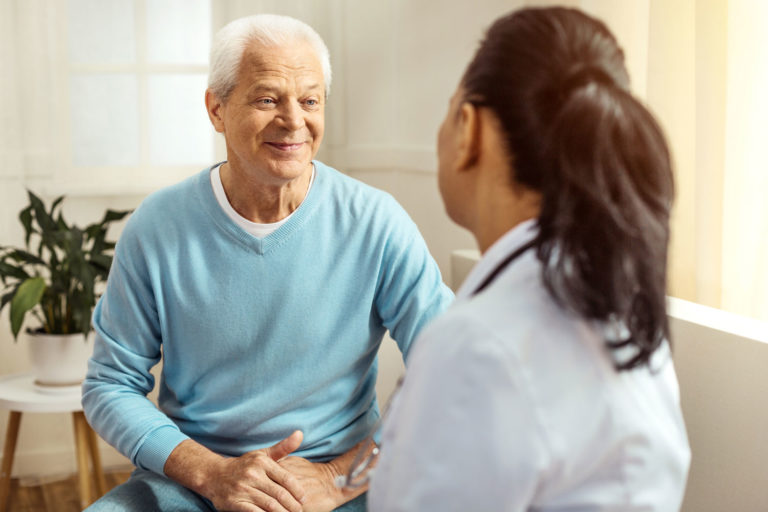What is Rosacea?
Acne rosacea is a chronic inflammatory skin condition that affects more than 14 million and is most common in fair skin types. It may resemble acne but is completely different.
Rosacea Stages
4 progressive stages of rosacea and symptoms may vary depending on the stage. It affects everyone differently. It most commonly affects your face but can also affect your neck, chest, or eyes.
- PRE-ROSACEA
- Frequent episodes of flushing or blushing
- MILD
- Visibility of small blood vessels
- Persistent skin redness
- Dry skin
- MODERATE
- Small, red bumps resembling acne
- Skin irritation: burning, stinging or itching sensations
- SEVERE
- Skin texture irregularities and thickening
- Rhinophyma: facial deformation or development of a bulbous nose
- Sebaceous Hyperplasia: enlarged oil-producing sebaceous glands
- Skin swelling and inflammation
- Watery, bloodshot eyes
Causes
- Family history (heredity): most common cause of rosacea
- Demodex folliculorum mite found in hair follicles may cause inflammation
Triggers
Triggers are situations that may worsen, provoke and cause the symptoms to flare. Not all of these listed will trigger the skin condition, but it is important to be aware of which causes your symptoms. Common triggers include:
- Weather conditions: sun exposure, extreme temperatures, wind, humidity
- Emotions: Stress, anxiety, embarrassment
- Foods & Drinks: alcohol, spicy foods, hot beverages
- Activities: strenuous exercise, hot baths or saunas
- Certain medications, skincare products
Rosacea Treatment
There is no known cure for rosacea, however popular treatment options include:
- Topical medications: to control breakouts, reduce redness and prevent progression
- Oral antibiotics: to reduce inflammation
- Cosmetic vein treatment: Lasers or sclerotherapy for treating visible blood vessels and ideal for permanently treating broken capillaries, and useful for facial redness
For more information about Rosacea, view some of our articles.

